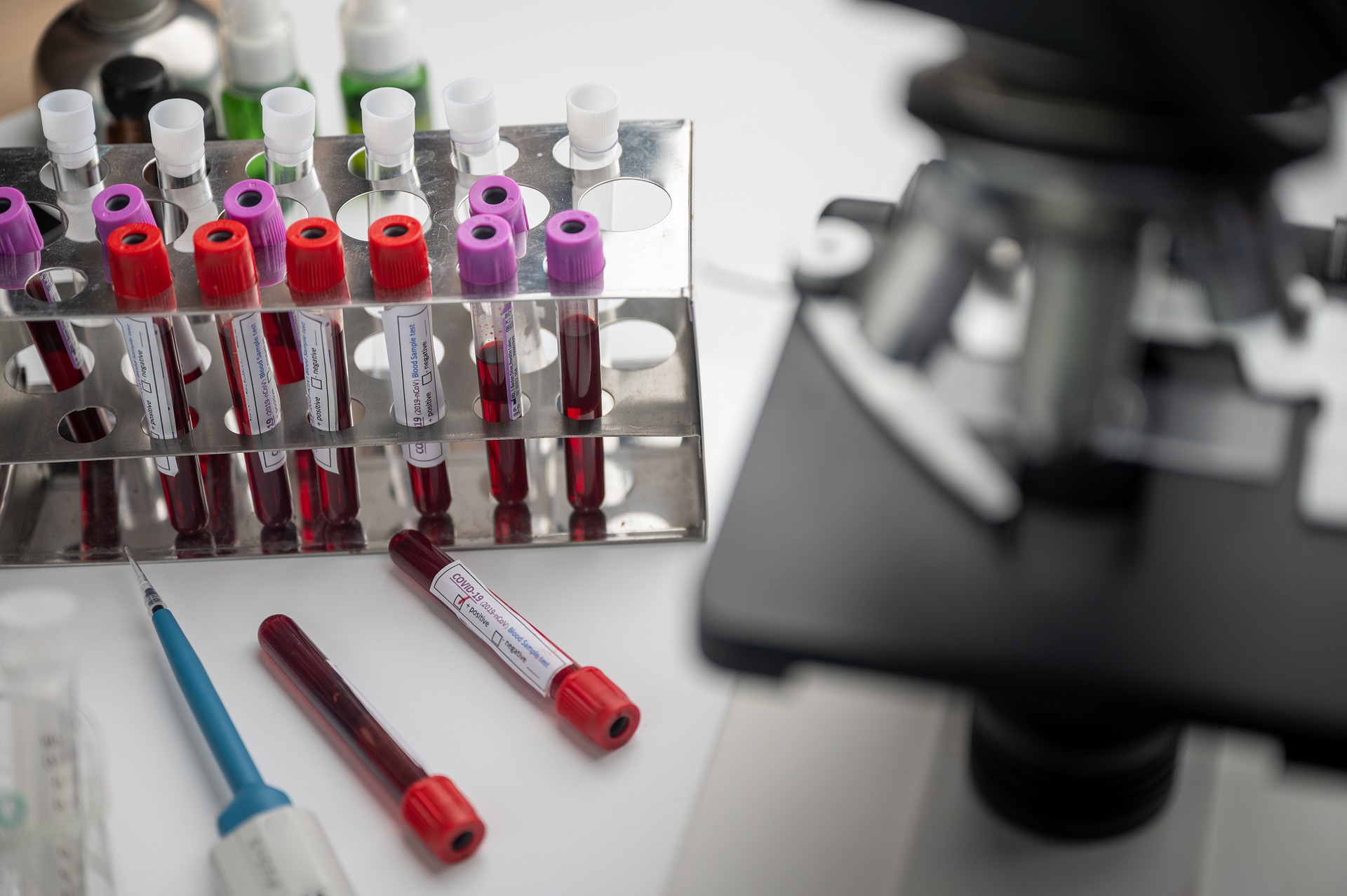Innovation taxes available to help fund crucial innovation in the race towards a COVID vaccine

12 November 2020
This article first appeared in The Herald on 12 November 2020.
The scale and speed of innovation prompted by COVID-19 has been breathtaking.
Businesses across all sectors have pivoted dramatically to meet the demands of living with coronavirus, from distilleries producing alcohol for hand sanitiser to manufacturers adapting their operations to deliver PPE to support key workers on the frontline.
From the outset there has been an enormous global focus on developing a vaccination for COVID-19. Remarkable progress has been made with wide-scale trials of Pfizer/BioNTech’s candidate showing it can prevent more than 90% of people from developing COVID-19 infection, suggesting an end to the pandemic may now be in sight.

But enablement of vaccination is just as important as having a vaccine itself. Having the correct storage and transportation to facilitate distribution of the vaccine will be vital. According to reports the Pfizer/BioNTech vaccine has to be stored at minus 80C. Ultralow temperature freezers could become the new ventilators, as we grapple to ensure we have the necessary equipment to store and transport the vaccine without temperature fluctuations. Engineering firms will have a key role to play in developing appropriate and cost-effective freezing systems for mass production.
Smart labelling, developed to secure traceability, primarily in food production, could have a significant role in vaccine transportation. If vaccines deteriorate on the way to their destination due to being stored incorrectly, they will be unusable, wasting money and potentially putting lives at risk.
New facilities will be required to deal with inoculation of large populations. At present GP surgeries are not set up to deliver such mass programmes and there is little time to procure the necessary equipment. New packaging may have to be developed to combat a worldwide shortage of vials.
For many businesses, driving forward such innovation will require substantial investment. At a time of deep economic uncertainty and disruption to cash flow, few will be able to finance development from their own pockets.
So, what is in place to support such businesses? In the UK there are several Government backed schemes including grant and debt funding. However, businesses can also access significant funding through the adoption of tax incentives designed to promote private sector investment in innovation. And after Pfizer’s good news sent the stock markets soaring, there is strong appetite for the next big breakthrough.
SMEs can claim under the R&D tax relief scheme while large companies – and SMEs carrying out funded, or contract R&D – can claim under the Research and Development Expenditure Credit scheme (RDEC). SMEs can claim up to 33p for every pound of eligible expenditure on in-house, unfunded R&D, and can receive a cash payment even if they are loss-making or yet to commence trading.
Once technology has been developed and commercialised, Patent Box relief can offer significant Corporation Tax savings to companies on the profits they generate. Companies that elect into the Patent Box regime obtain an effective 10% rate of Corporation Tax on profits attributable to qualifying Intellectual Property (IP), rather than being subject to the main rate of Corporation Tax (currently 19%).
As we look forward to what is hopefully the beginning of the end of the pandemic, let’s take a moment to celebrate the role played by our incredibly agile and talented UK business community.
While innovation incentives can be complex, our specialist Innovation Taxes team at Johnston Carmichael can help businesses through every step of the process, from feasibility studies to full claim preparation in language that can be understood by HMRC.
We might be best known as an accountancy and business advisory firm, but our innovation taxes team has strong industry experience and knowledge. For example, with a D.Phil. in Virology and Cell Biology from the renowned Pirbright Institute, and Postdoctoral Research Fellowships undertaken at Washington University School of Medicine and The University of Edinburgh, innovation taxes team member Mari McCrossan has a deep and holistic understanding of innovation and how a company’s science and technology can benefit from R&D relief.
Among the businesses we have assisted are TC BioPharm, the clinical-stage company developing advanced allogeneic CAR-T cell therapy products for the treatment of cancer. In response to the COVID pandemic, in July 2020 TC BioPharm initiated clinical trials at Edinburgh Royal Infirmary of a pioneering, experimental therapy designed to kill COVID-19 infected cells.
As we look forward to what is hopefully the beginning of the end of the pandemic, let’s take a moment to celebrate the role played by our incredibly agile and talented UK business community. We will certainly be there to support our innovative businesses as they work on the next big breakthrough.
Please do not hesitate to get in touch with myself or a member of our Innovation Taxes team if you would like to discuss this further.